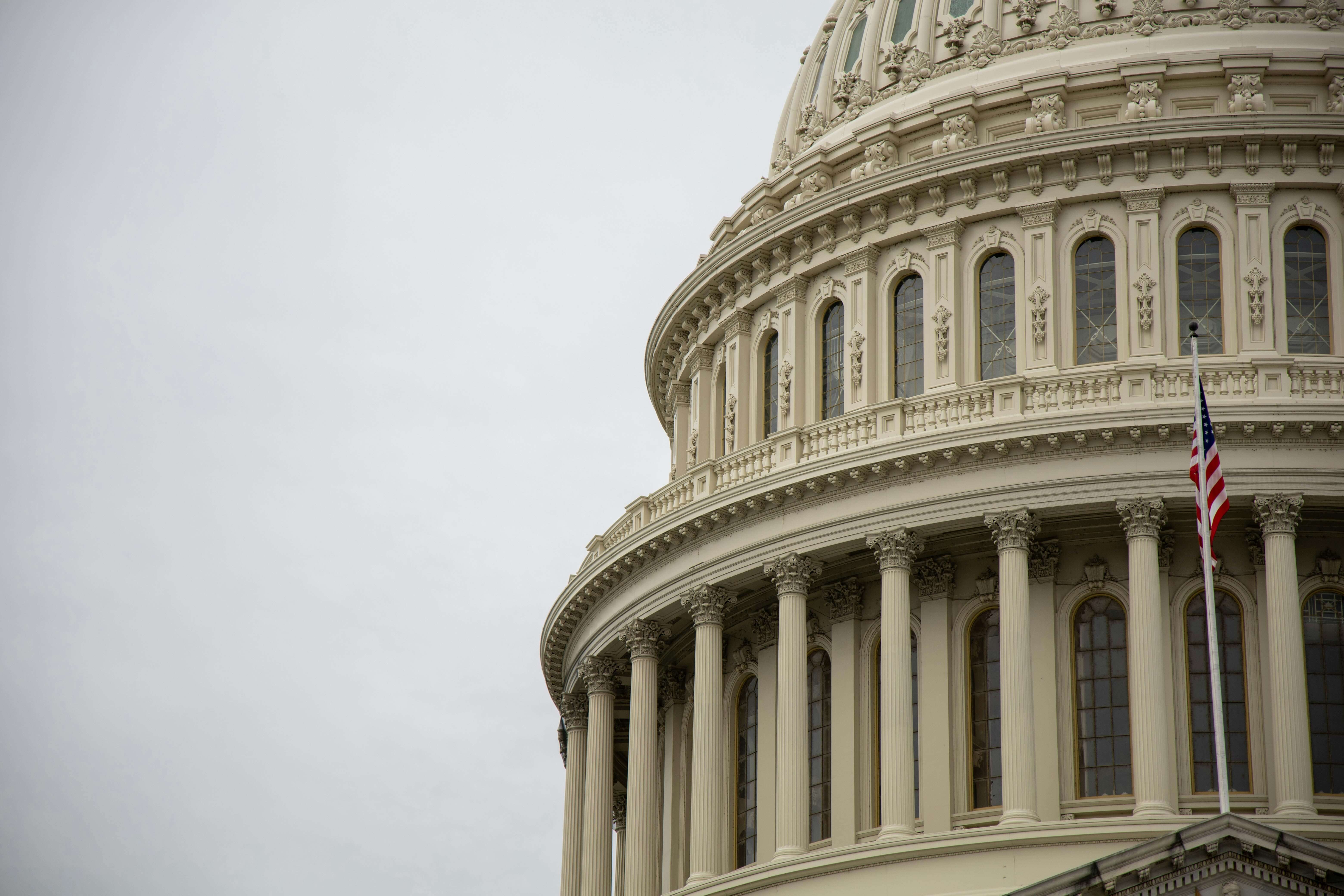Over the past few months, the Department of Justice’s (DOJ) case against algorithmic pricing has slowly gained clarity. This progress moved forward last week with the announcement from the DOJ of a proposed settlement with Greystar that will likely serve as the model for other settlements.
While an earlier settlement with Cortland provided initial clues, it included unique conditions that wasn’t sure to fully translate to the rest of the industry. The Greystar deal, however, offers stronger guidance, especially since Greystar is the largest apartment operator in the world and has significant influence.
This remains a developing situation; however this new proposed settlement offers a welcome set of guidelines that the industry should be able to rely upon (and other defendants negotiating with the DOJ will obviously take note of). While the lawyers will parse through this in detail and may provide additional insight, here’s my read.
The most important and clearest things are in Sections IV.A.1 and IV.A.2 where Greystar agrees to 1) not use External Nonpublic Data from non-Greystar properties (nor share any data outside of Greystar) and 2) not use any systems that incorporate a price floor (unless set by Greystar) nor requires them to accept any recommendations.
The crucial thing to understand about those sections is that the DOJ is applying rules to which revenue management software must adhere. Which in turn means that revenue management is legal in the eyes of the DOJ, provided suppliers stick to the rules. The rules are also—thankfully—simpler than the full seven-point test in the proposed Cortland settlement. That is good news for vendors like REBA, as it means we can self-certify compliance.
Unsurprisingly, the settlement takes a strong stance on the sharing of nonpublic competitor data. The sharing of confidential information with competitors was central to the allegations that kicked off this legal saga. Section IV.A.1.iv of the document prohibits Greystar from pooling or combining data from properties that have different owners.
Suppliers should take note of this provision. It is unusually restrictive in the context of other industries. Hotel operators and franchisors, for example, are not prohibited from pooling data amongst multiple owners to get more robust analyses of important insights like seasonality patterns. In an increasingly data-enabled world, limiting the breadth of training data will have negative impacts on the quality of technologies we will increasingly need to run high-quality operations.
Fortunately, REBA was designed from the ground-up to treat portfolios (even single properties) individually rather than intermingling data from multiple companies. This also extends into publicly available data, which is also excluded from the pricing algorithm. While allowed by the DOJ proposed settlement, this is highly relevant in light of Seattle's recently passed law that bans the use of any kind of comp data (public as well as nonpublic). This means that now is a good time to plan for life after comp data.
A huge, and maybe provocative, implication is that AI for revenue management software in multifamily housing is dead. It’s simply not possible to accurately train an AI model on a single community’s data, so any AI-driven algorithms would be limited in their application.
In one of the lighter parts of this proposed settlement, Greystar agrees it will not attend or participate in any RealPage meetings (see Section V.B). Since the allegations appeared in the press, journalists and plaintiffs have been keen to paint software user conferences as a hotbed of nefarious backroom dealing. Anyone who has attended the annual events held by companies like Salesforce, Oracle or Apple (i.e. practically anyone engaged in business) understands the absurdity of the tone of these allegations. That conference attendance seemed like a worthwhile concession in this settlement negotiation tells us a great deal about how these deals are made.
The Greystar settlement gives the clearest picture yet of the DOJ’s expectations. It confirms revenue management software can still be used, but under tighter rules and directly signals significant limitations for AI in this space.
A final note is that RealPage is clearly the DOJ’s main target. As the DOJ settles with Cortland and Greystar (and we presume others to come), they are getting agreements for full cooperation in the ongoing lawsuit against RealPage. That “divide and conquer” approach is a standard tactic, familiar to anyone who has every watched Law & Order 😊





SHARE